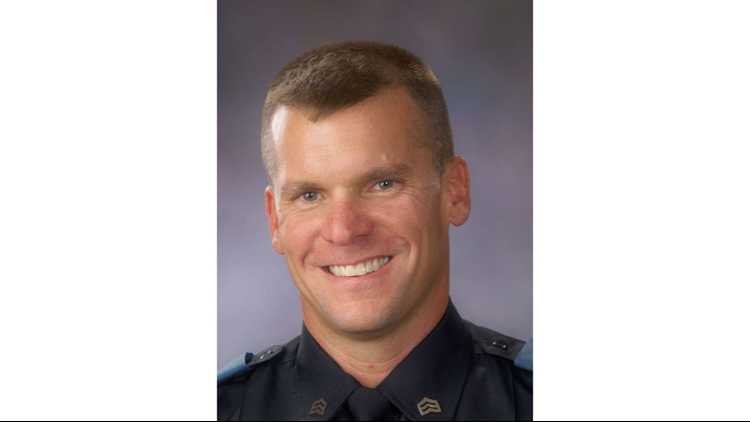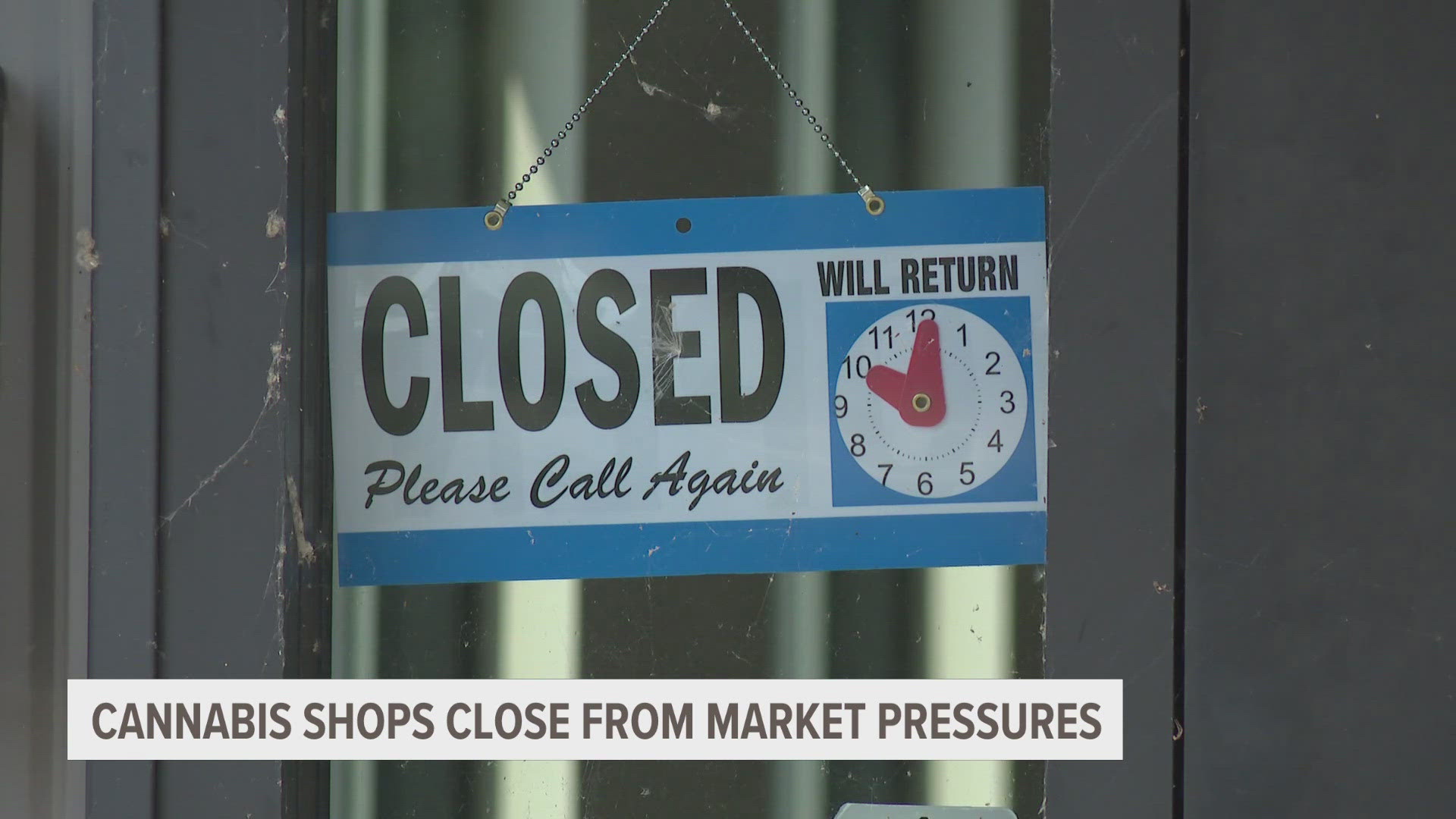LANSING — Ingham County Sheriff Scott Wriggelsworth was unequivocal at a town hall Thursday: Legalizing recreational marijuana will increase crime in Michigan, he said.
Sarah Anthony, the panel's moderator and the Democratic candidate for 68th district state representative, was more equivocal, saying that she did not plan to make an endorsement on the Nov. 6 ballot initiative that would legalize recreational cannabis use among people who are at least 21 years old.
In response to a question from an audience member at a forum on police-community relations Thursday evening, Wriggelsworth acknowledged he believed the ballot initiative would pass, but added "it will significantly increase real crime in the state of Michigan."
'We get asked all the time on minor pot stops, if we get somebody smoking a joint, they'll say to us, "Why don't you just disregard this and spend your time on real crime?' Well, if you look at the statistics in Colorado since they've legalized recreational marijuana the real crime — the home invasion, the assaults, the drugged driving, have significantly increased because you've got a whole bunch of people walking around high, making bad decisions and victimizing other people."
Criminologists do not appear to have reached a clear consensus on the effect of marijuana legalization on violent crime, in part, because many factors influence crime rates and it's difficult to prove causation from correlation. Additionally, the definition of a "violent crime" can vary.
Lansing Police Chief Mike Yankowksi was circumspect when asked about the issue following the forum. He cautioned that data on recreational marijuana is still limited, but did say that illegal drugs, as a general group, contribute to crimes such as homicide, assault and robbery.
"If (recreational) marijuana gets legalized, you will always have an illegal market that goes alongside it," Yankowski said.
Michigan voters said yes to medical marijuana in 2008, although the roll-out is still ongoing as state regulators continue to issue medical marijuana licenses. Lansing opted into that regulatory program after City Council voted to allow medical marijuana establishments, such as dispensaries and grow facilities, within city limits.
Voters in Washington and Colorado first legalized recreational marijuana in their states in 2012. Recreational use is now legal in nine states and the district of Columbia, according to the National Conference of State Legislatures.
Victor Hansens, 68, who has a medical marijuana card, likes to start his day with a joint before breakfast. He estimates he smokes four more joints throughout the day before switching to THC pills and cannabis oil. Nick King and Laura Trabka/Lansing State Journal
Anthony, an Ingham County commissioner, did not dispute the sheriff's assertion of a link between legalization and crime.
"I always try to lean on the expertise of our law enforcement," said Anthony, who is running to represent the Michigan district that includes Lansing and Lansing Township. "I would have to do more of my own research."
Although she declined to take a position on the ballot initiative, Anthony noted that enforcement of marijuana laws has disproportionately targeted low-income people and people of color. For that reason, she said, it is important that tax revenue from marijuana go towards "re-investing in those communities."
Anthony will face Republican Rosalinda Hernandez in November after winning two Democratic primary races in August for the same seat. One race is to fill a partial term vacated by Andy Schor who resigned to become Lansing mayor at the start of this year. The other race is for a regular two-year term that begins Jan. 1, 2019.
From left, Lansing Police Chief Michael Yankowski, Michigan State University Uniform Division Captain Kelly Roudebush, Ingham County Sheriff Scott Wrigglesworth, Clinton County Undersheriff Fritz Sandberg and East Lansing Police Chief Larry Sparkes speak during a police-community relations forum on Thursday, August 23. 2018 at the Unitarian Universalist Church of Greater Lansing. (Photo: Sarah Lehr)
The Lansing chapter of the American Civil Liberties Union and the Michigan Collaborative to End Mass Incarceration sponsored Thursday's town hall at the Unitarian Universalist Church of Greater Lansing.
The panelists, who also included Michigan State University Police Uniform Division Captain Kelly Roudebush, Clinton County Undersheriff Fritz Sandberg and East Lansing Police Chief Larry Sparkes, discussed topics ranging from racial bias training to mental health to traffic stops.
Contact Sarah Lehr at (517) 377-1056 or slehr@lsj.com. Follow her on Twitter @SarahGLehr.
►Make it easy to keep up to date with more stories like this. Download the 13 ON YOUR SIDE app now.
Have a news tip? Email news@wzzm13.com, visit our Facebook page or Twitter.



